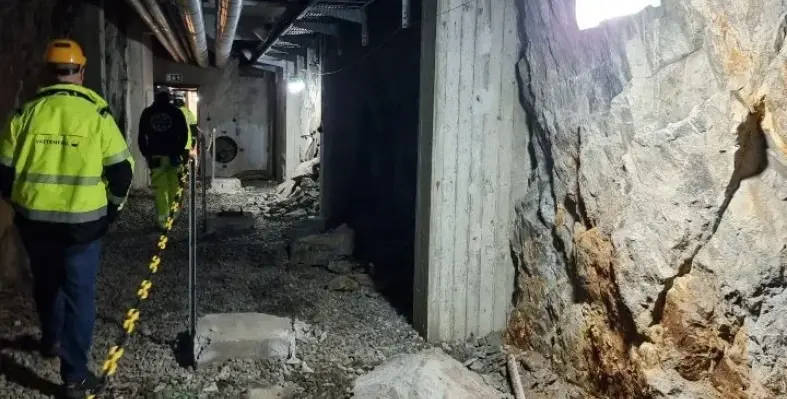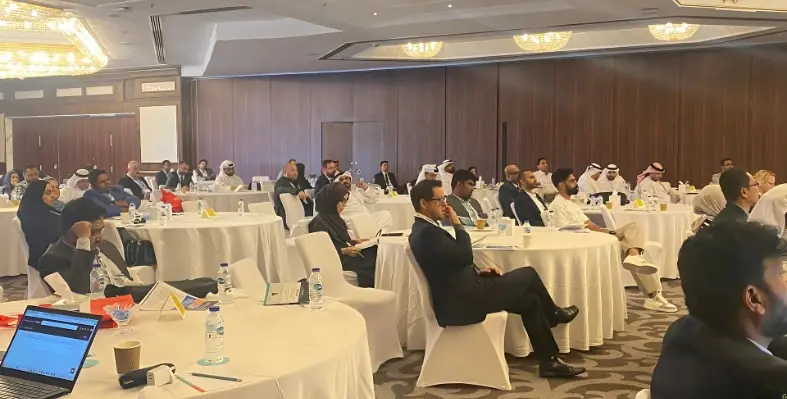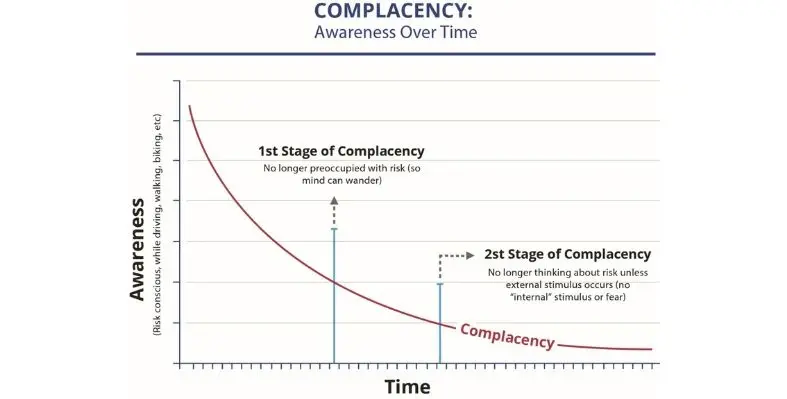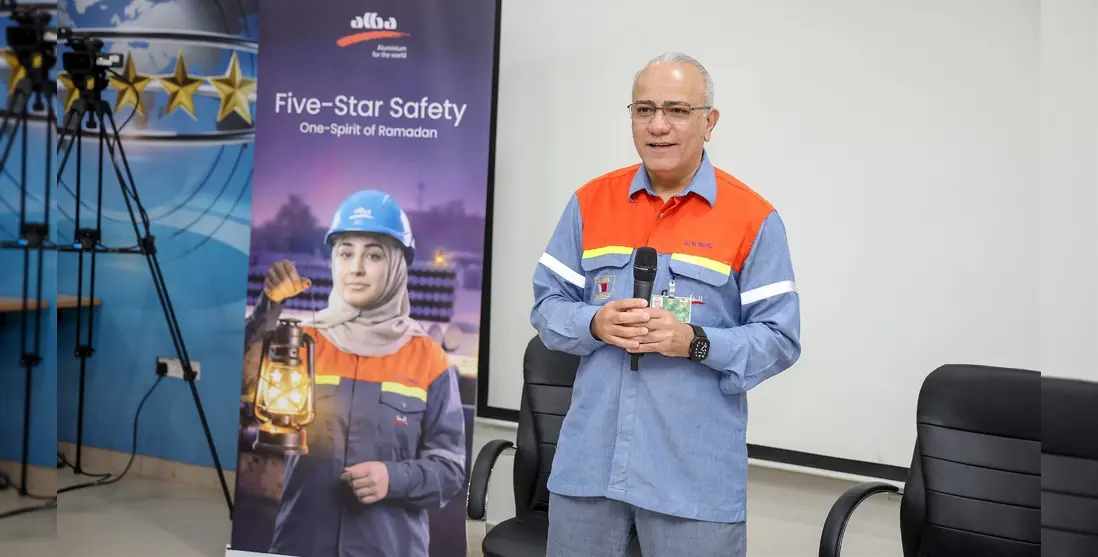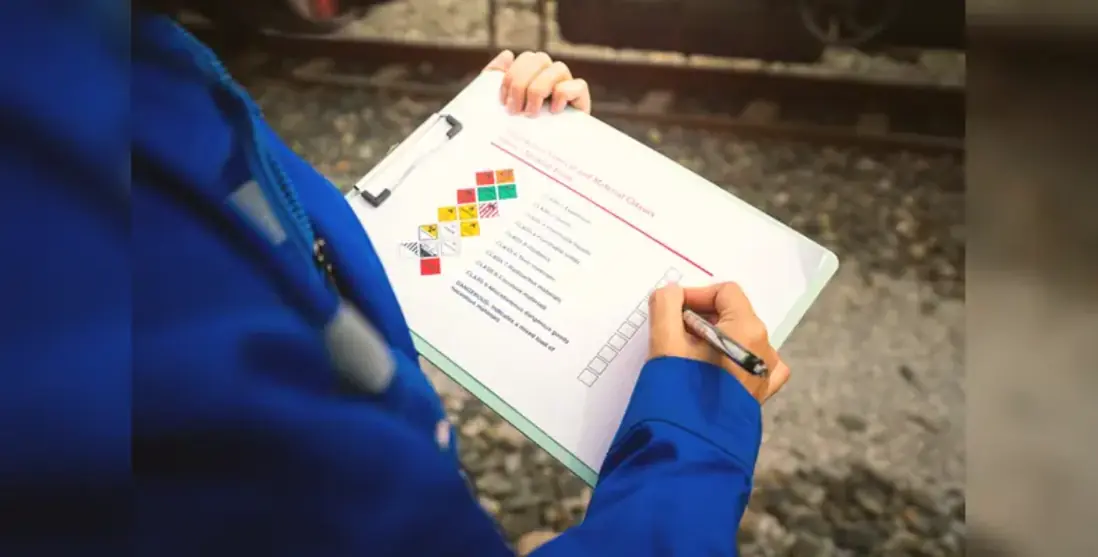The International Air Transport Association (IATA) has launched the Security Risk Intelligence Portal (SRIP), an incident reporting tool to help airlines mitigate and manage security risks
The portal also includes the latest restrictions and requirements on states and airports imposed as a result of the COVID-19 crisis.
SRIP was developed to improve the sharing of information in real-time between airlines, airports and air navigation service providers (ANSPs). Open-source data (notices, warnings, newsletters, prohibitions, media reports) will enhance information shared by airlines to provide a comprehensive view of security, biosafety and operational incidents in the vicinity of airports.
This will enable individual airlines to make operational decisions that are well informed, real-time and risk-based in order to manage security threats.
Matthew Vaughan, IATA’s director of security, said, “Safety and security are the industry’s main priorities. The Security Risk Intelligence Portal (SRIP) provides up-to-the-minute security incident data that will make aviation even more secure. This includes biosafety and conflict zone information which will be particularly timely as airlines re-start operations amid the COVID-19 crisis.”
To further improve mitigation of security risks, IATA is working with states and the International Civil Aviation Organisation (ICAO) to improve levels of information-sharing on security.
Nick Careen, IATA’s senior vice-president airport, passenger, cargo and security, said, “To be sustainable, flying must be secure. The COVID-19 pandemic has seen unprecedented levels of cooperation among all industry stakeholders, including governments.
The Security Risk Intelligence Portal (SRIP) is an important opportunity to continue that cooperation with the common aim of building an even more secure industry. As aviation restarts, we must retain this spirit and extend it to all areas of safety and security.”







